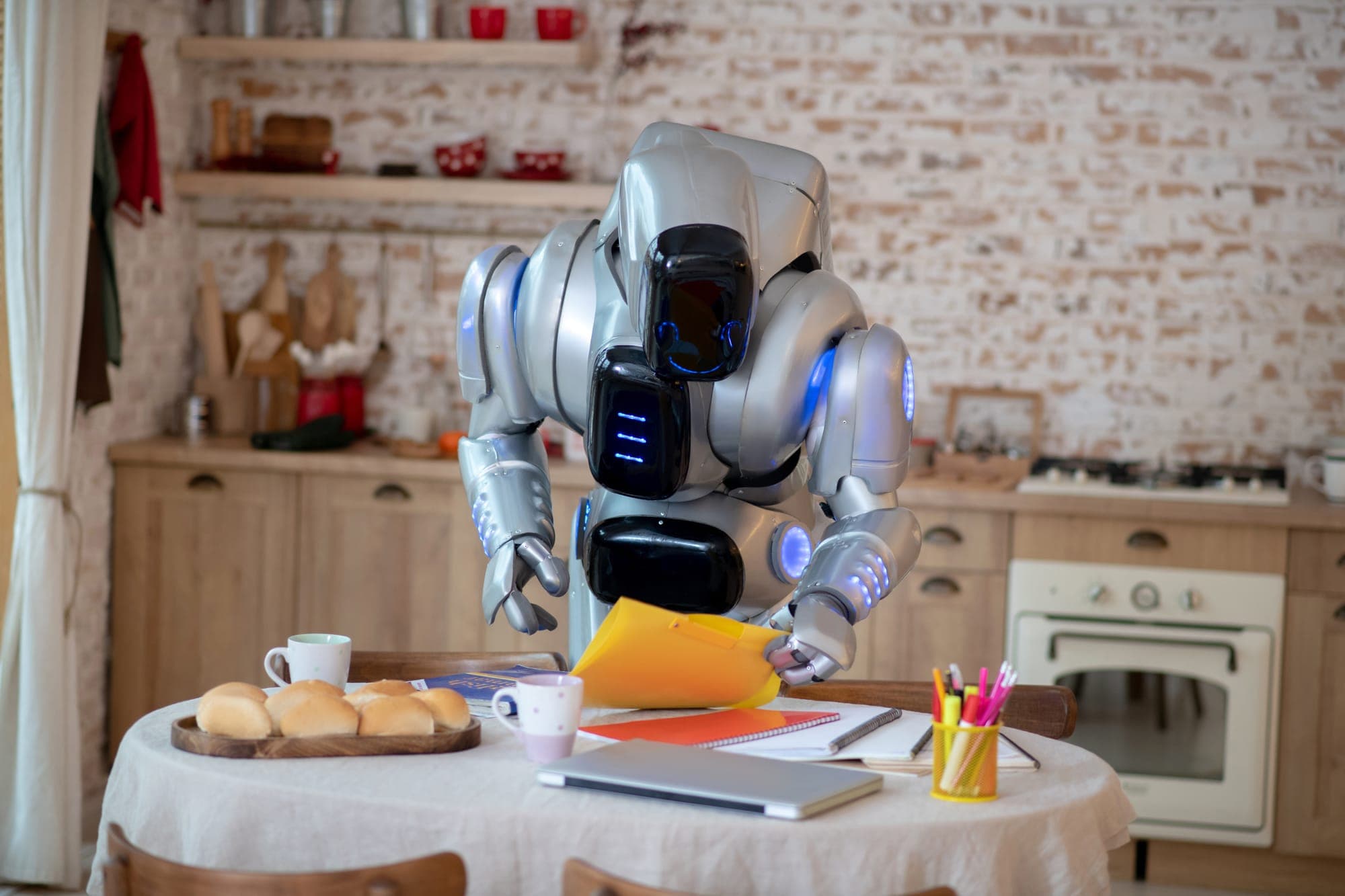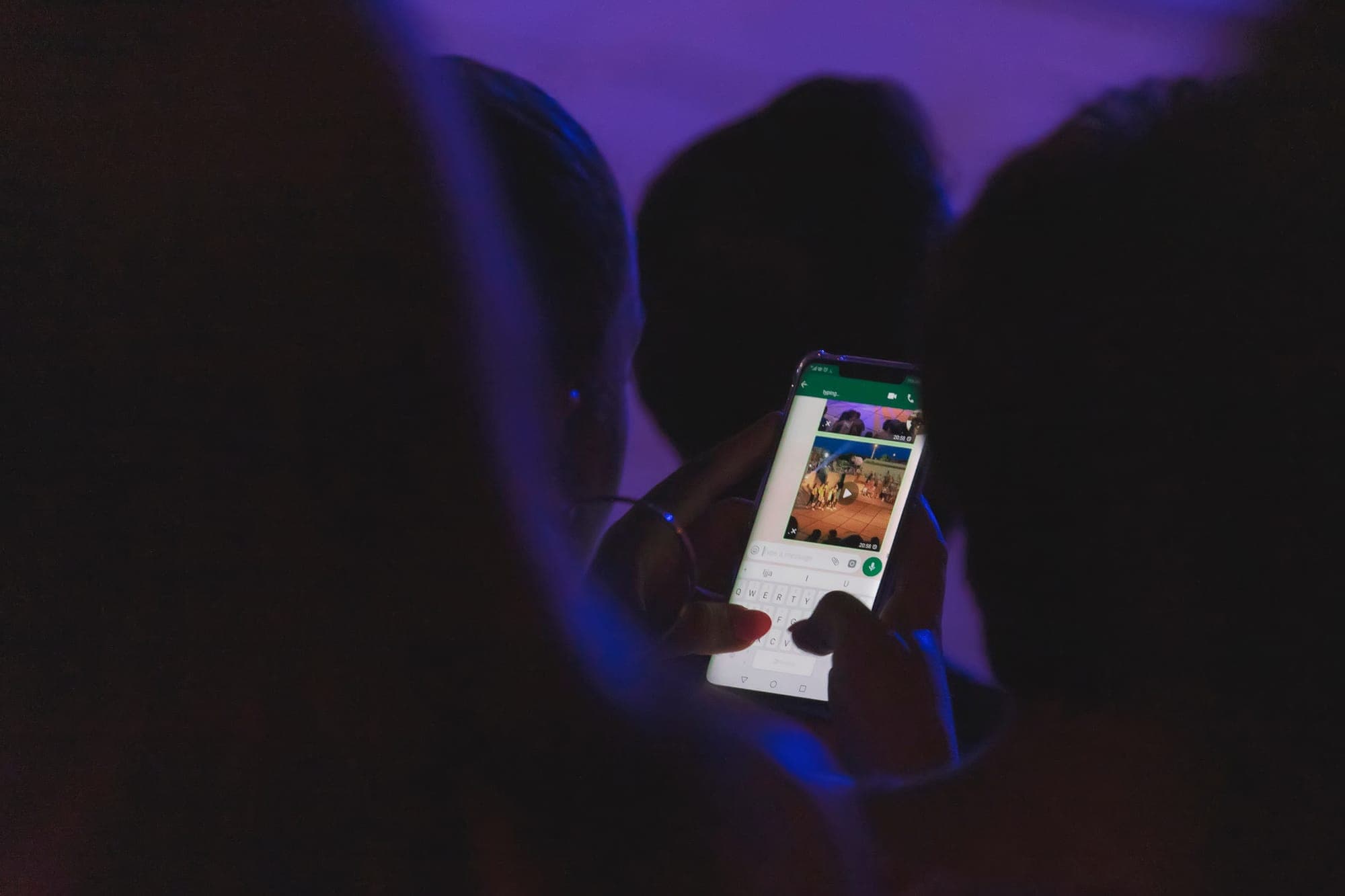The End of Work as We Know It: The Good News
Beyond job titles and paychecks, what truly defines us? This article explores the potential for a more fulfilling future in a world transformed by AI.
Published:

Get ready to say goodbye to work as we know it. Maybe not tomorrow, but the winds of change are blowing, and they're powered by Artificial Intelligence. Now, before we hit the panic button, hear me out. This isn't about robots stealing our jobs and leaving us with nothing. It's about recognizing a shift and turning it into an opportunity.
Lately there's been a lot of buzz about Artificial Intelligence, and it's not all fluff and hype. AI is already changing the job market, and with the US Government approving $500 billion for AI research, things are about to get even more interesting.

Sure, AI will create some new jobs - we'll need folks to train algorithms and manage AI-powered systems. Let's be real, though, the number of jobs lost will far outweigh the new ones created. I've already written on how AI is erasing jobs, not taking them, and we can dive more into the specifics later, but for now, let's face the music: the traditional work model is on its way out.
Here's the good news: this could be our chance to break free from the soul-crushing grind of hustle culture. It's time to rethink what "work" even means, to find value beyond our job titles, and to finally discover what true work-life balance feels like.
Farewell, Hustle Culture
We've all heard the gospel of hustle culture: work harder, climb the ladder, and success will be yours. Lately, there's a growing sense this gospel might be losing its believers, which I've written about here. Some still cling to the idea of meritocracy, believing that hard work guarantees rewards. Others are realizing that sacrificing their lives and well-being for potentially minimal gains isn't worth it.

Wherever you stand on the hustle debate, there's no denying that a shrinking workforce throws a wrench in the works. When automation can handle the menial tasks associated with "working harder", what happens to the value of all that effort? In a world with less work to go around, doubling down on hustle might be taking opportunities away from others.
Maybe it's time to rethink the whole hustle mentality. What if, instead of competing for fewer jobs, we shared the work that exists? Imagine a world where everyone works fewer hours, leaving more time for family, hobbies, and pursuing passions. It's time to reclaim our identity as human beings, not someone else's work horses.

Of course, we can't ignore the elephant in the room: money. In our current system, more hours worked usually means more money earned. That said, if we start shifting our focus, as a society, away from the constant grind, businesses will need to adapt. Perhaps we'll see new models of work and compensation emerge, or a system like Universal Basic Income. (Topics for another day!)
The bottom line is this: if there's not enough work for everyone to hustle like we do now, something has to give. We need to find a new path, one that values our well-being and allows us to thrive even in a world transformed by automation.
How Will My Value Be Determined?
In today's world, our work identities often take center stage. One of the first questions we ask when meeting someone new is, "What do you do for work?" It is a seemingly harmless question, but it reveals how much weight we place on careers in defining who we are.
Our answer to the question can signal our income level, our interests, or ever our happiness/unhappiness with the job. What happens, then, when work no longer dominates our lives? Will that question still hold the same importance?

It's hard to say what society will value in a future with less work. Many people find pride and purpose in their current work identities, and transitioning to a new sense of self might feel daunting. Yet, it could be incredibly liberating. Imagine: you have the freedom to define yourself on your own terms, beyond the job title. After all, your value isn't determined by society - it comes from within.
So, what would a future with more free time look for you? Less work doesn't mean less to do. Picture this: no more juggling jobs, more time with loved ones, the freedom to travel, to pursue hobbies, to simply be. What would bring you joy and fulfillment?
The sooner we start exploring these questions and detaching our identities from our "job titles," the better equipped we'll be to navigate the changes that lie ahead. The future of work may be uncertain, but it also holds the potential for a richer, more meaningful existence.







